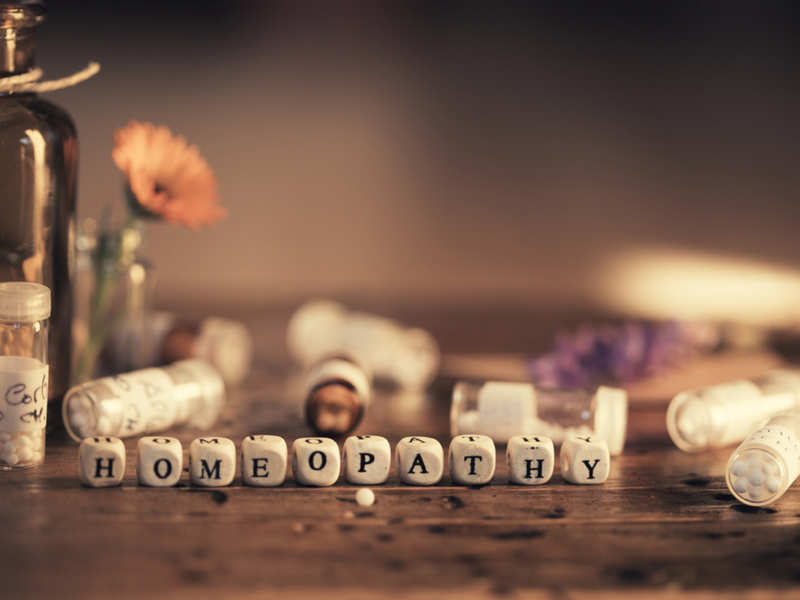Homeopathy and anxiety
Delhi based Homeopath, Dr. Kushal Banerjee says that the type of medicine prescribed to a person suffering from anxiety varies as per the symptoms of the patient. For every symptom of anxiety, different medicines are recommended.
Here are some common treatments provided by a homeopath to treat anxiety.
Aconite
This medicine is recommended for intense and sudden anxiety and panic attack.
Argentum nitricum
This is the most common medicine prescribed to a person suffering the problem of anxiety. People scared of height and everyday things are advised to take this medicine.
Arsenicum album
People suffering from the fear of loneliness, darkness or being imperfect are provided with Arsenicum album by a homeopath.
Gelsemium
A homeopath provides Gelsemium to treat people facing anxiety due to feelings of inadequacy. People with this type of anxiety mostly feel timid and shaky.
Ignatia
Ignatia is prescribed to people suffering from anxiety from any type of grief or loss. People with this type of depression often experience mood swings and are quite sensitive.
Pulsatilla
This medicine is for people experiencing childlike anxiety. Such kind of people may need lots of reassurance and support from other people.
Stramonium
This medicine is for people suffering from night terror or nightmares. People with this type of anxiety are scared of the darkness or being alone.
What research says?
There are very few researches that support homeopathy’s claim to help people suffering from anxiety. A 2012 study published in Homeopathy journal revealed that pulsatilla had some anti-anxiety effects on mice. The effect was similar to any other anti-anxiety drug. However, the study was performed only on animals and did not reveal about its implication on human.
While homeopathy can be considered in case of mild anxiety and stress, it is often not the main line of treatment for severe anxiety disorders. Homeopathy should be considered as a complementary treatment, rather than the mainstream approach.
As per a statement published in the BMJ (British Medical Journal) journal, World Health Organisation (WHO) strongly advises against the usage of homeopathy to treat serious medical conditions such as HIV, tuberculosis, malaria, infant diarrhea and flu.
Contradicting this comment, Dr. Banerjee says that the report published by the journal is just a statement made by the WHO and is not backed by any research. “No qualitative or quantitative research was conducted in the writing of this statement. This statement does not systematically evaluate any available evidence for any of the conditions it addresses.
He added, “Moreover, the statement was about five clinical entities and their treatment in developing countries.” He further pointed out that the report does not “address the management of anxiety and should not be used to infer the efficacy of the homeopathic management of anxiety of any severity.”
Recovery period
Dr. Banerjee says that the time taken to recover from anxiety by homeopathic medicines depends from person to person. “Some patients may completely recover within a few days of treatment whereas those suffering from severe anxiety for several years may take longer.” He supported homeopathic therapy for anxiety because they do not have side effects.
The bottom line
Homeopathy is a safe option as most of the medicines used in this therapy to treat a condition are made from natural products. But one should not completely rely on it as far as severe case of anxiety is concerned.
Disclaimer: The views expressed in this article should not be considered as a substitute for a physician’s advice. Please consult your treating physician for more details.

